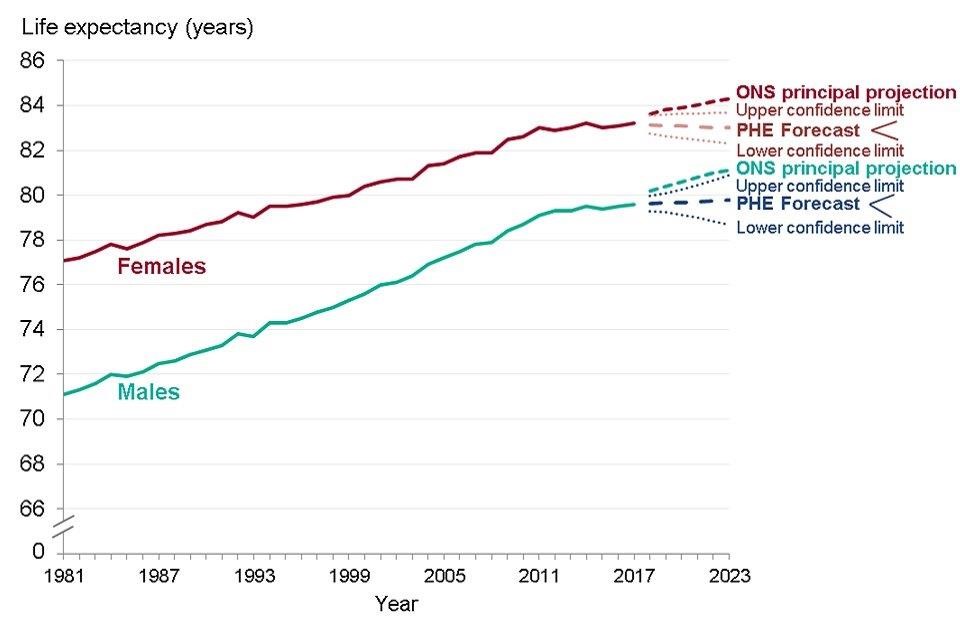Dementia Awareness Week
17th-23rd May 2021
In this blog we highlight the relationship between dementia and hearing loss, and the importance of early action once a hearing loss is identified, to reduce the risk of declining brain function.
The Global Dementia Challenge
With improving healthcare, the average life expectancy in developed countries like the UK has risen steadily for years. However, an improved life expectancy does not necessarily mean good health, and there is a particular challenge around making sure that we maintain good brain health into older age.
One of the most difficult conditions to manage in older age is dementia, an illness associated with a decline in brain function which can affect an individual’s ability to communicate and remember people and places, amongst other vital functions. Dementia is a particular challenge because until very recently we have had a limited understanding of the factors that contribute to developing the condition, and this has meant as a society we have struggled for ways in which to prevent and treat the disease.
The health and emotional burden of dementia on an individual and their family is clear, but there is also a financial burden to the family (and wider society) with the costs involved in providing care for someone with advanced dementia.
Dementia predominantly affects older adults, and the rate of hearing loss in the general population also increases with age, so it should come as no surprise that many people with dementia also have hearing loss. However recent research has suggested that in fact hearing loss is significantly more common in those with dementia than in those of a similar age without dementia.
Cause or Effect?
The exact reason that hearing loss in mid-life increases the risk of developing dementia is unclear. It may be that there is a common underlying process, i.e. whatever process causes hearing loss in mid-life, might also cause the onset of dementia. However, it may also be that changes in the brain as a result of hearing loss cause the onset of dementia. It has been well established that hearing loss causes social isolation and this lack of stimulation, or “sensory deprivation”, could be the factor that links hearing loss with dementia. The less we are able to hear, the more disengaged we are with our surroundings, our family, and our friends, and the less we exercise our brain. It has been proven that good brain health relies on continually stimulating the brain, especially in ways that promote positive emotions.
‘Modifiable’ Risk
A recent extensive and high quality research paper published in the Lancet scientific journal divided factors that increase the risk of developing dementia into two categories:
- Risk factors that are unknown, and possibly down to luck or genetics (60% of the overall risk)
- Risk factors that can be reduced, or modified, by changes in lifestyle (40% of the overall risk)
Of the modifiable category of risk factors, hearing loss accounts for over 20% (over 8% of the overall risk). Not only this, but social isolation and depression account for a further 10% of the modifiable risk (4% of the overall risk) each. Older adults with hearing loss are up to 3.5 times more likely to be socially isolated and depressed than those without hearing loss, and so when we add this all together, an untreated hearing loss could contribute to increasing your risk of developing dementia by up to 15%.
What Should I Do?
Public health bodies often encourage us to make lifestyle decisions to reduce our risk of developing serious long-term health conditions. We are told to eat healthily to avoid developing cardiovascular disease or diabetes, to limit alcohol consumption to lower the risk of liver disease, and to limit sun exposure to reduce the chance of developing skin cancer. However up until now there has been no concrete advice offered on how we might reduce our risk of developing dementia. Given that it is possible that treating hearing loss may reduce an individual’s risk of developing dementia by over 15%, it is now more important than ever to seek advice if you are concerned about your own hearing, or that of a friend or family member. Doing so may increase your chances of being able to lead an active and fulfilling life into older age.
If you are concerned that you or someone you know has dementia, contact your GP or visit www.alzheimers.org.uk.
If you think you or a loved one may have a hearing loss, contact us to find out how we can help.

